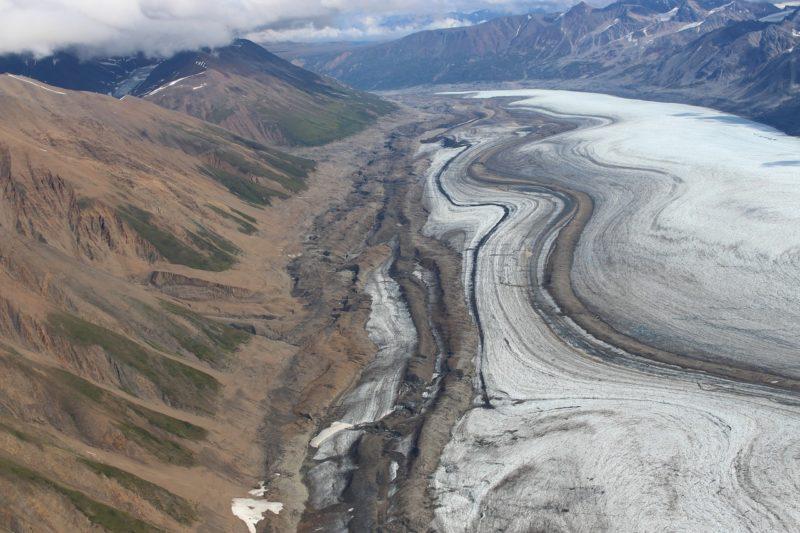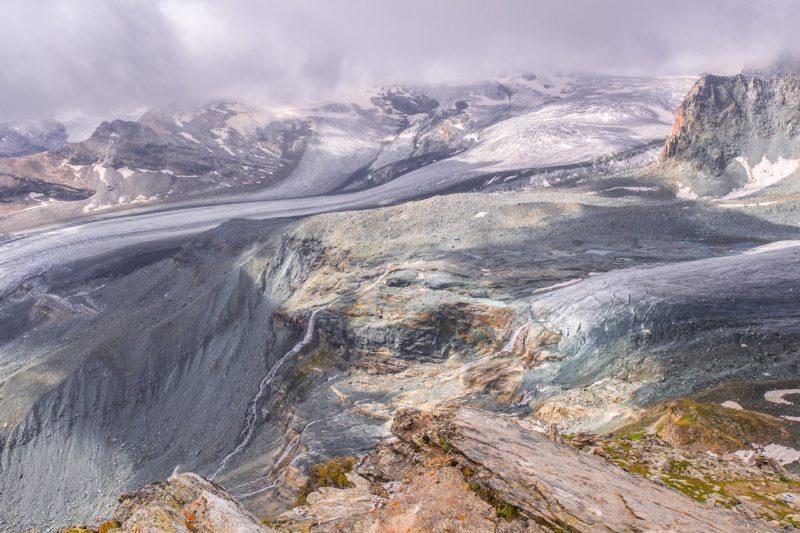
Pixabay
Writing with Glaciers: Towards a Glacial Poetics in Contemporary Transamerican Poetries of the Anthropocene
My project aims to yoke together ecocritical thinking, new materialism, and animist philosophy as critical approaches to reading contemporary Anthropocene poetries with an emphasis on text-world relations.

Pixabay
Glaciers, in the words of anthropologist Juliana Cruikshank, borrowing from Levi-Strauss, are “good to think with“. This Ph.D. project thus is not so much a study of but a thinking and writing motion with glaciers and glacial poetries. It is situated on the intersection of literary studies and cultural criticism, and yokes together ways of ecocritical thinking, new materialist notions of text-world relations, and affect studies as critical approaches to reading contemporary ecopoetics of the Anthropocene era. The poetries I examine are myriad formally and in what themes and poetic strategies they employ, but connected through a common thread: interactions and encounters with glaciers as epistemological, aesthetic, medial, and ecological agents.
The main scope is to develop a framework of glacial poetics. This framework then guides the readings of anglophone ecopoetics with attention to themes, formal strategies, imagery, rhetorical devices, as well as the correspondence between the materiality of text and the materiality of landscape and the cryosphere. What are these poems doing with the glaciers they correspond with? How do they do this? And – returning agency to the glaciers – how may the glaciers in turn be involved in writing these lyric texts into being? I seek to read poetic texts as displays of what Hubert Zapf calls Cultural Ecology. Further scaffolds to guide my thinking are Derrida’s writings on Hauntology, Hartmut Rosa’s Sociology of Resonance and Relationship as well as investigations into what Glenn Albrecht calls Solastalgia. The questions that guide my reading are: What are glacial poetics? What are the formal, thematic, and ecological strategies of glacial poetics? And how do they use the inherent transformative power of poetry to engage with world-making and world-interruptions? The overall aim of this project is to explore the transformative power of poetic texts in times of runaway climate change and glacial meltdown. A side project that will be developed in simultaneity with the thesis is my own poetry collection, preliminarily called Glacial Indifference. I am curious to see how the evolving of glacial poetics as a framework can look when enacted on the page – my own page – and how writing a personal account of glacial poetics will influence my reading of others’.
Anne-Sophie Balzer is a Ph.D. student at the Wissenschaftszentrum Umwelt, Augsburg University. Contact: balzer.anne-sophie@uni-a.de

